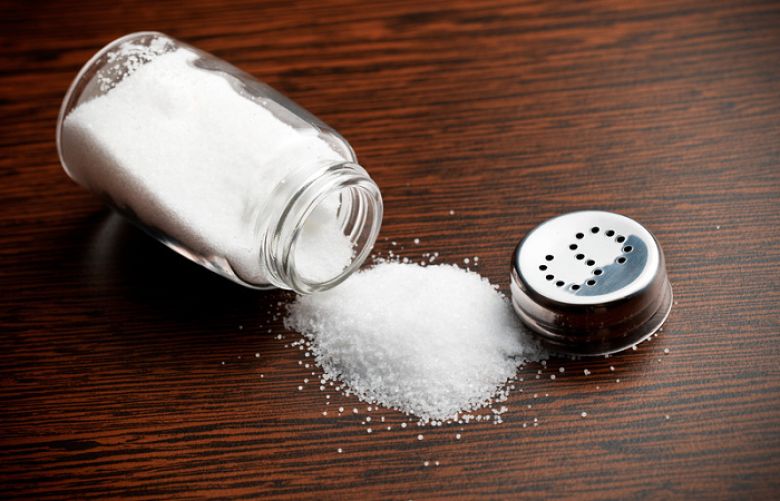Many people, especially those who should limit their sodium intake due to heart health concerns, ingest more of this element than is advised daily.
This is supported by a recent study that discovered individuals with cardiovascular disease (CVD) were ingesting more than twice as much sodium per day — 1,500 mg— as is advised.
The study participants ingested an average of 3,096 mg of sodium daily, with 89% exceeding the recommended daily intake.
The results were presented at the Annual Scientific Session of the American College of Cardiology.
"Sodium helps to balance the water in your body," explained cardiologist Jayne Morgan, MD, clinical director at the Piedmont Healthcare Corporation in Atlanta, GA.
"It even supports the proper functioning of muscles and nerves," added Dr Morgan who was not involved in the study.
“This is why salt increases the blood volume in your bodies. The effect of this is an increase in blood pressure. The increased blood pressure then forces your heart to work harder, which then eventually puts you at risk of heart disease,” Dr Morgan said.
Dr Morgan noted that excess sodium has long been linked with the hardening and stiffening of the arteries and atherosclerosis.

